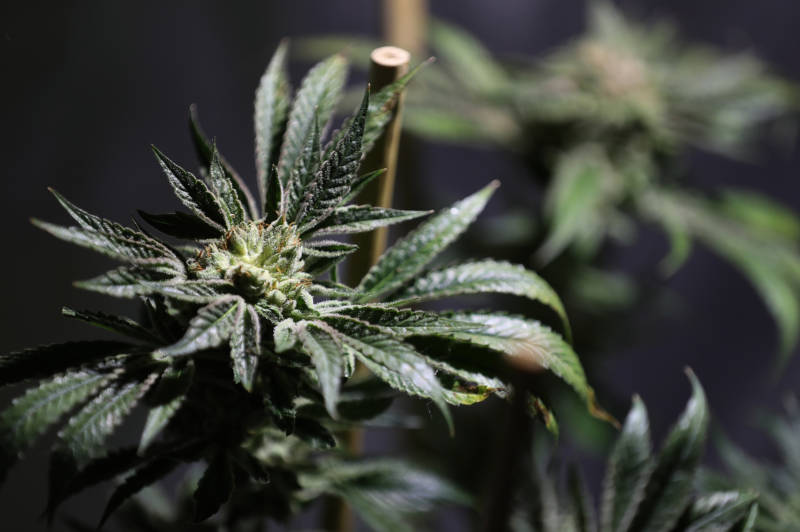California would likely lose money and face insurmountable federal hurdles if it tried to create a state-backed bank for the marijuana industry, according to a report by the state treasurer.
The report puts an end, for now, to hopes that California could find a way to get around banking hurdles for marijuana businesses as the state’s recreational market concludes its first year in operation. A working group launched by state Treasurer John Chiang commissioned the study by a San Diego-based firm in January. State lawmakers rejected legislation for a state-backed bank earlier this year.
Chiang used the report, released Thursday, to blast the Trump administration for cracking down on marijuana even though 33 states have legalized it for recreational or medicinal purposes. It remains a Schedule 1 drug under federal law.
“While today’s announcement may not lay out the path some of us had hoped, it did reinforce the inconvenient reality that a definitive solution will remain elusive until the federal government takes action,” Chiang said. “They must either remove cannabis from its official list of banned narcotics or approve safe harbor legislation that protects banks serving cannabis businesses from prosecution.”
Many banks are nervous about running afoul of federal law by doing business with the industry, although some work with marijuana-related businesses. That forces pot businesses to deal in large sums of cash, a potential security risk.

